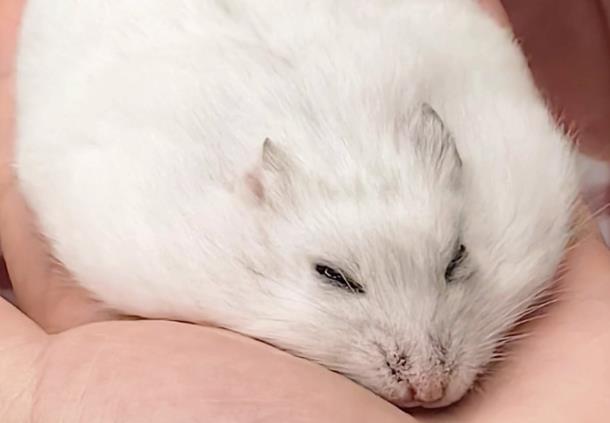Hamster Capture Guide: Safe & Effective Methods
1. Environment Control
Seal the Space
Immediately close doors and windows, blocking gaps under doors or vents with towels to prevent the hamster from escaping to other areas or outdoors.

Remove Distractions
Take other pets (like cats/dogs) and children out of the room to avoid startling or injuring the hamster.
2. Locate the Hamster
Search High-Priority Areas
Check dark, narrow spots first: under sofas/bed frames, inside drawers, corners of closets, and around the cage.
Use Sound Cues
Turn off lights and noise, then listen for scratching or chewing sounds (e.g., nibbling on cardboard boxes).
Track Physical Signs
Look for food scraps (like sunflower seed shells) or droppings on the floor to pinpoint hiding spots.
3. Lure & Trap Strategies
Food Baiting
Place favorite treats (e.g., sunflower seeds, peanuts) near the cage or suspected hiding areas—works best at night.
DIY Trap Setup
Use a plastic container or cardboard tube as a tunnel, baiting the inside with snacks. Gently lift the trap once the hamster enters.
4. Proper Handling Technique
Prep Steps
Wash hands to remove scents, speak softly to the hamster, and avoid sudden movements.
Correct Grasping
Thumb: Press gently against the chest near the chin.
Index Finger: Support the head.
Other Fingers: Cradle the body, forming a secure but gentle embrace.
Avoid These Mistakes
Never pick up by the scruff, ambush from behind, or hold the hamster high—risks bites or falls.
5. Post-Capture Care
Calm the Hamster
Offer a treat after recapturing to reduce stress.
Cage Inspection
Reinforce cage doors and seal gaps to prevent future escapes.
If the hamster struggles violently, pause the capture and use food baiting to build trust gradually. Patience is key!
